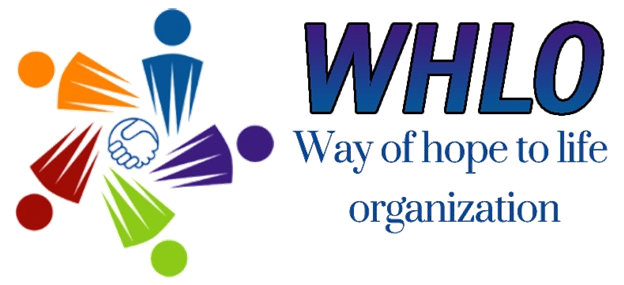Your CV is the first impression you give to the employer.
Do not botch it !
Format
- It is imperative to spell check your CV. Use Word Spelling & Grammar check. Especially for titles/ name of organizations.
- Be concise! 3 pages should be the maximum
- Avoid using brackets: Do not copy paste the name of the organization in brackets in the CV: “Applying for the position of (ACBAR)”
- Keep the formatting simple and clear
- Use the same font and font size throughout the document. Section titles can have different font sizes, but the font style should be the same.
- We would recommend one of the following fonts: Times New Roman, Calibri, or Arial
- Mark the section titles in bold/ different colors
- Space the different sections
- Use bullet points rather than long sentences
- Avoid “Word Art” or any gaudy formatting
- Prefer pdf format (“cleaner” than word)
- Name your document with a relevant title I.e.: “CV_AbidH_2016”
- Unless specifically asked, avoid attaching all your certificates to the CV. You may be asked to bring them to the interview.
Resume / CV
Content
Clear short Introduction
- No need for photos (unless specified by employer), neither ethnicity: write where you are currently based.
- Rather than an objective statement, write a few lines that describe your professional profile: years of experience, fields of expertise.
- Avoid listing too many unrelated fields of expertise: select 1) the strongest 2) the most relevant for the position
Professional experience
- Start with the most recent employment (do not forget the dates: it allows the employer to assess how long you have been in a position)
- Use action verbs and keep the same grammatical tense.
I.e. Instead of “In charge of reporting monthly M&E report”, prefer “Enabled Program Manager to make strategic decisions by providing relevant and accurate M&E progress reports” - Don’t focus on tasks and responsibilities but highlight your results and achievements: your resume shouldn’t look like your job description.
I.e.: Instead of “proposal writing”, prefer “won x number of proposals for USAID, EU, DFID for a total amount of $$” - Avoid company/organizations jargon and acronyms.
- Use vacancy/job key words: a job posting is full of information for applicants, use the keywords that are essential to the role, especially those mentioned more than once. You can also check out similar job postings from other organizations to include more relevant terms
- Each line in the professional experience description should relate back to the CV and job requirements
Educations / Academics
- You may have received many trainings, however avoid a long list and select only the ones relevant to the position
Skills
- State your language skills and level
- Unless the position requires specific technical skills (“Quickbook”, “GIS” etc.) you may skip that section and include your other “soft skills” (“communications skills” “Problem solving”) in the “professional experience” section.
I.e.: Instead of stating “Great oral and communications skills”, prefer “conducted successful presentations for donors that led to the award of the project”. - Emailing and internet search ARE NOT skills. Everyone applying for a job should be able to do these and it looks unprofessional if you put these as skills
Hobbies
- Unless you have a very specific passion or a relevant hobby for the job, avoid this section: “reading, browsing the internet and seeing friends” are not relevant

